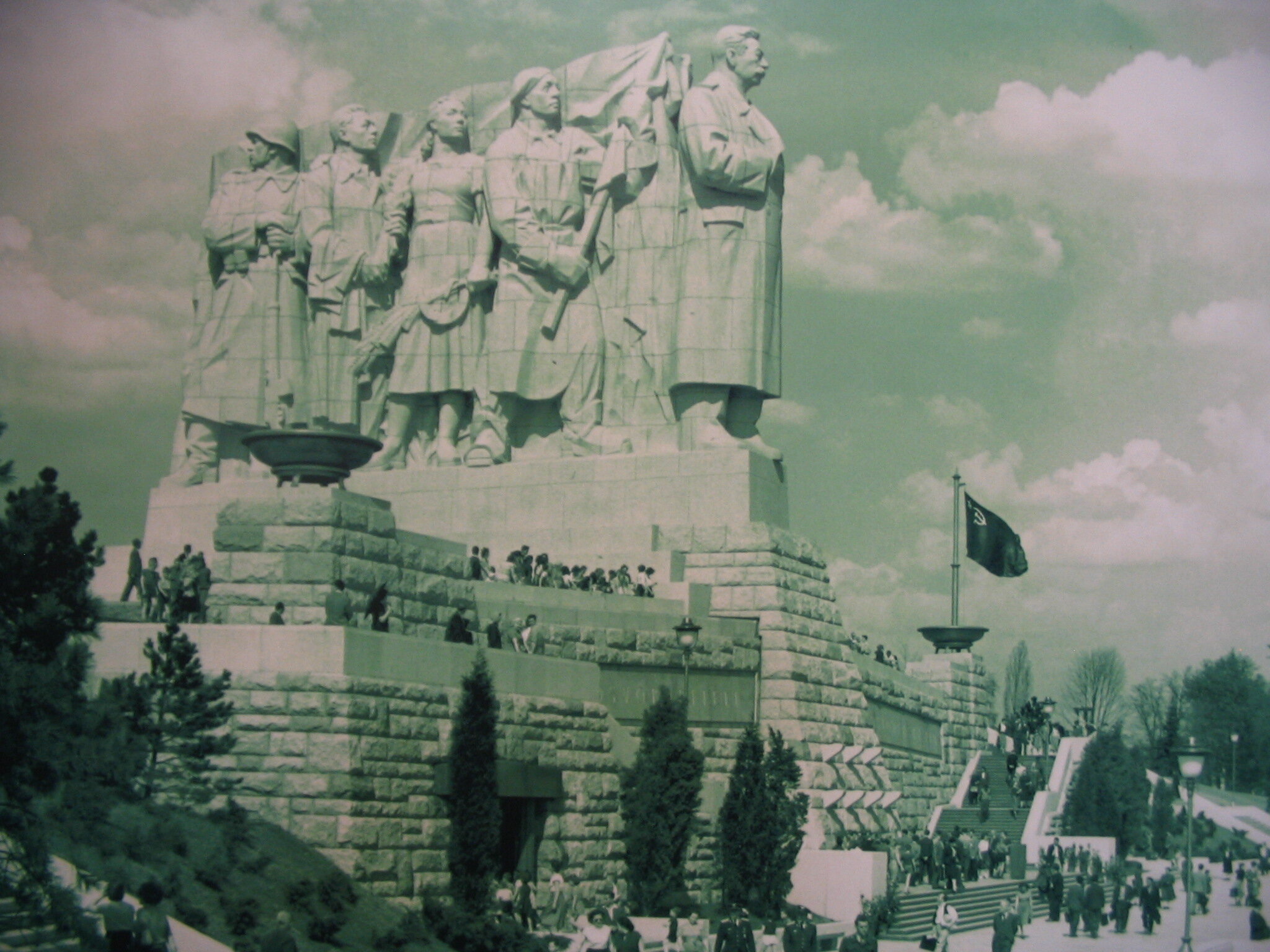That Day Michael Jackson Invaded Prague
Exactly 24 years ago this week, the King of Pop conquered Prague
In the 15th century, Papal armies marched into Bohemia, the western half of today’s Czech Republic, looking to put out a religious reform movement that had lit up Central Europe. Two centuries later, the Austrians, also under the guise of religion, subdued the region. In 1968, a quarter of a million Warsaw Pact Troops—from Russia, Poland, Bulgaria, Hungary, and East Germany—rolled into Prague to dampen the socialist reform movement known as the Prague Spring. In the early ‘90s, American, British, and Irish post-collegiate kids wandered in to Prague under the guise of debauchery and slackerism.
And during the first week of September 1996, Michael Jackson invaded. He was kicking off his HIStory world tour in Prague. His one-night concert, to be attended by 100,000 to 150,000 people (depending on who you ask), was in Letna Park, a vast verdant space on the Vltava River, overlooking the city’s singular Old Town. The park was also the spot where mass protests took place in the late ‘60s and late ‘80s against Soviet rule over Czechoslovakia and where Pope John Paul II held mass in 1990. Now Michael Jackson would consecrate the park as pop music holy ground.
And to make sure everyone in the Czech capital of 1.2 million people knew MJ was now their overlord, he had a 36-foot statue of himself, clad in military garb (including a codpiece), erected in Letna Park overlooking the city. It wasn’t just the King of Pop’s hubris that seemed stunning to Czechs and students of history; it was the fact that he put the massive statue of himself in the exact spot where the world’s largest sculpture of Josef Stalin once stood. There are so many mind-blowing metaphors here that it’s mentally paralyzing.
Fans from all over Central Europe flocked to the city the first week of September. So did the media. I remember seeing clips on the nightly Czech news of MJ, clad in a black surgeon’s mask, wandering around Old Town Square, as a legion of fanatics, barred from entering the plaza, stood on the periphery screaming, shouting, and swooning. They stood guard at this hotel, the Intercontinental (the only luxury hotel in Prague at the time), for the five days Jackson was in town, hoping maybe he’d at least dangle a baby off of his balcony. He reportedly waved a few times. Franz Kafka once resided in a building where the Intercontinental now stands and he had a view of the ledge where the statues of “Uncle Joe” and “the Gloved One” would look out over the city. He wrote “Metamorphosis” in that apartment.
I was one of those “invading” Americans who lived in Prague in the 1990s. I graduated from University of California, Santa Cruz, a degree in history tucked under my arm, and landed in Prague. I had no ambitions except to teach English to get by and stay until I figured out what I wanted to do with my life. It took me three years.
One day at my apartment in the Vršovice neighborhood, I heard “Billie Jean” being played. I stepped out onto my balcony, wondering which neighbor was overly zealous about MJ being in town. But the song stopped midway. I heard random guitar chords and drumbeats. And then I realized it. This wasn’t some fan playing the song from Thriller. This was the sound check. And the noise was bouncing throughout all of Prague—I lived on the other side of the historical center from the concert. Michael Jackson was taking the entire city hostage.
I have to admit, I felt the excitement of having Michael Jackson in Prague, a city that was rarely at the center of world attention unless there was a revolution (or failed revolution) happening. I also have to admit, I was never much of an MJ fan. In the ‘80s and beyond, there was a Michael vs. Prince rivalry that not everyone paid attention to, but somehow I did. I was very squarely on the Prince side. Not only did I just like his music better, I appreciated that Prince did it all: he was a guitar god, elegant on the piano, an outstanding song writer, a James Brown-like bandleader, a stunning dancer, and he had a stage presence and command that could outperform anyone. A British publication once said that Prince was “Michael Jackson for adults.”
Michael Jackson, to me at least, was a great but odd dancer and an excellent performer but I just never really warmed up to his music, which often sounded more like anthems aimed at children. My only other vague brush with Jacko was back in May 1989, when he made news in my suburban Los Angeles hometown. An odd-looking guy wearing fake teeth, a fake mustache, and an oversized wig was browsing in a jewelry store with a young boy. A sales clerk got suspicious and called the cops. When the police turned up, the man revealed he was none other than Michael Jackson. Yes, he failed so miserably at trying to look like an ordinary, non-recognizable person that he set off alarms in people’s minds.
Seven years later on September 7, I was on a Saturday evening pub crawl through Old Town with a gaggle of expat friends. As we moved from pub to pub, MJ’s classic tunes bounced off the cobblestones of Prague’s streets. “Beat It,” “Bad,” the non-sound-check version of “Billie Jean.” It was kind of fun to pop outside the pub to hear what song Michael was performing.
The next day, Michael Jackson was gone—he and his 36-foot statue would move on to invading Budapest, Bucharest, Moscow, and beyond on his 57-city world tour. And Prague, on this unseasonably chilly September Sunday, was back to being the tranquil Central European city it had been before the King of Pop invaded.




